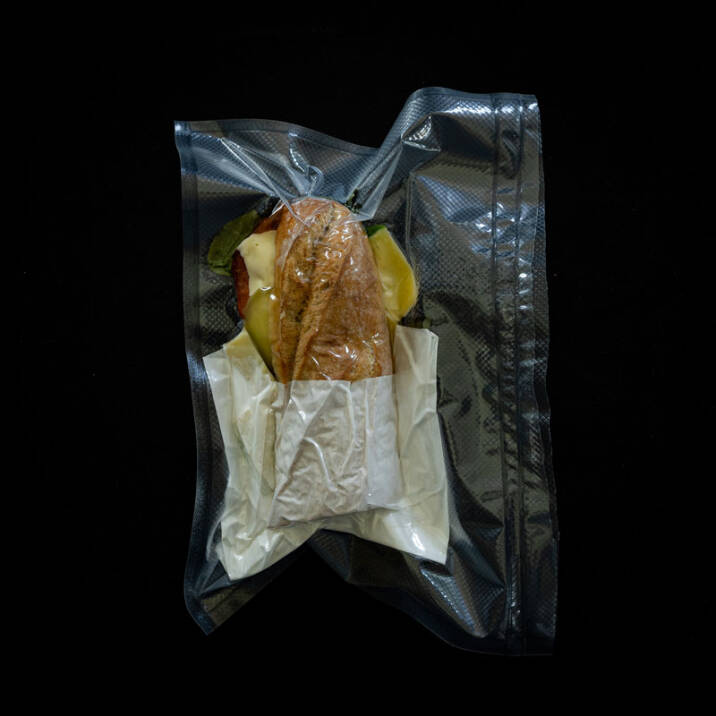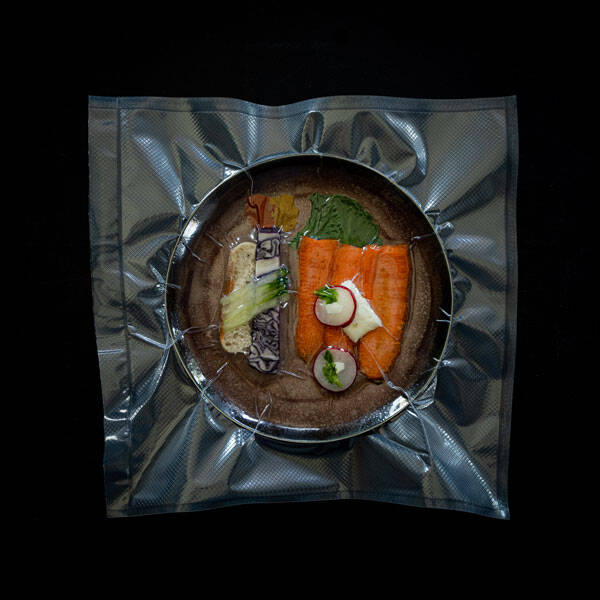
Rebuilding consumer trust
A key area of focus should be rebuilding consumer trust. Reusable and sustainable plastic alternatives have picked up a public image of being somehow ‘unhygienic’ compared to single-use plastics, when in fact the science does not support that image. The aforementioned open letter will hopefully help to assuage this, but industry leaders and governments alike should take it upon themselves to communicate with transparency going forward. Analysts at McKinsey predict that sustainability concerns might take a backseat to health and safety in the short term, only to experience a resurgence once the world begins to recover from the pandemic. The consumer demand for sustainable alternatives has not abated, and packaging players that are able to find a safe and sustainable plastic alternative to tap into that latent demand have a good chance of seeing success. The future still looks bright behind the plastic dividers.
Moving forward on the road to a sustainable future
Balancing safety and sustainability is one of the biggest challenges the food industry is currently facing. Every unfortunate consequence of COVID-19 plays into the hands of plastics. From the severe economic damage caused by lockdowns and social distance requirements to the fearful consumers looking for familiar comforts. Even the decimation of global (air) travel has caused oil prices to drop, resulting in even lower costs for plastics. Global uncertainty makes us look for short term solutions, but the onus is on industry leaders and governments to keep moving forward on the road to a sustainable future. The immediate problem of COVID-19 has not reduced the urgency of climate change and other environmental challenges.
“Sustainability concerns will experience a resurgence once the world begins to recover from the pandemic”
Analysts at McKinsey
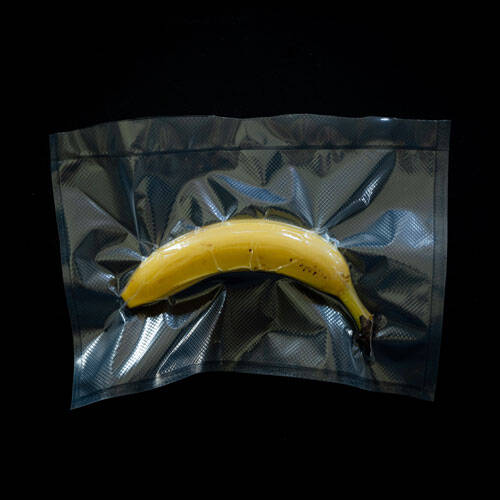
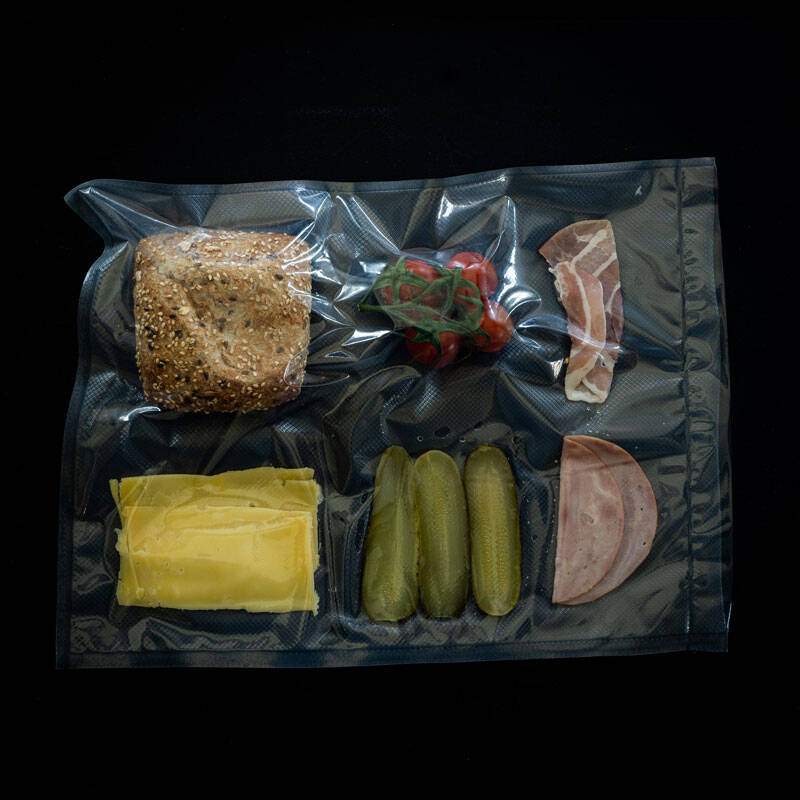
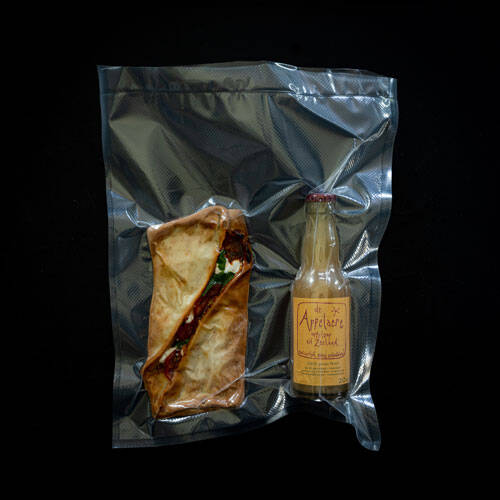
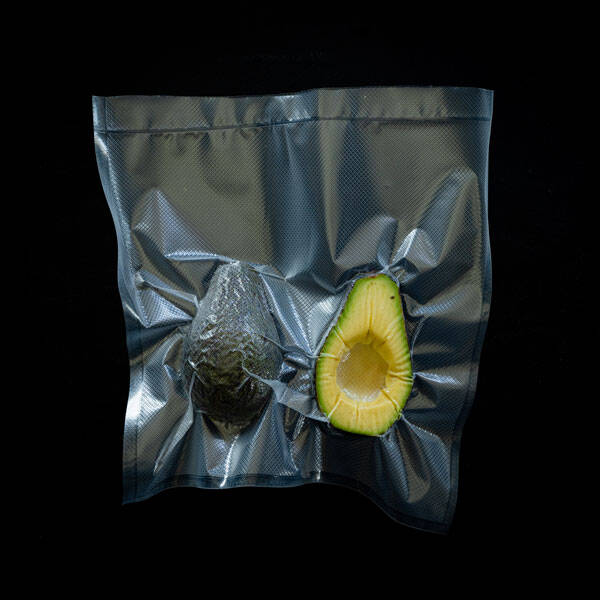
The only viable short term option
In a crisis it’s ever so tempting to go back to what you know, and plastics are it. Sustainable alternatives have only just begun to come into their own. With a powerful surge in demand caused by COVID-19, single-use plastics were in many cases the only viable option in the short term. Nothing else could be quickly produced at scale for reasonable costs. Yet as the pandemic continues to wreak havoc on the world, we must not lose sight of the environmental factors that caused us to move away from plastic in the first place. Plastic is convenient, but at what cost? Personal protective equipment like disposable masks and gloves are already adding to plastic pollution; a sacrifice that seems necessary for safety. We should not, then, be walking back our plastic reduction commitments in other areas, lest we exacerbate the problem.
“We must not lose sight of the environmental factors that caused us to move away from plastic in the first place”
Plastic disposables or reusables
During the pandemic many restrictions or outright bans on various kinds of single-use plastics were lifted. In nearly all cases the instant assumption seems to have been that convenient plastic disposables like cups and cutlery are cleaner than reusables. Yet in a public statement over a hundred experts from around the world have attested to reusables being perfectly safe to use, provided they are regularly cleaned and social distancing is observed as recommended. In fact, there are no studies that prove plastic offers better protection against viruses than sustainable materials. In a study published in the New England Journal of Medicine, the coronavirus was shown to be able to survive for up to three days on plastic surfaces, compared to 24 hours on cardboard. So why are we choosing plastic en masse?
BALANCING SAFETY AND SUSTAINABILITY IN COVID-19 TIMES
The scourge of single-use plastics
TRENDWATCH
3 min
THE SCOURGE OF SINGLE USE PLASTICS
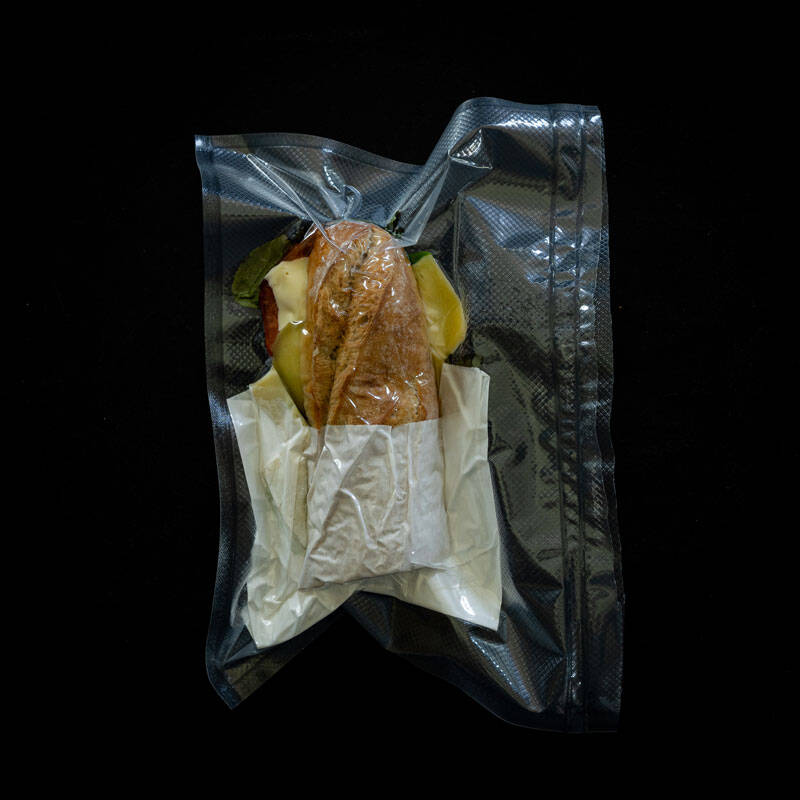
Rebuilding consumer trust
A key area of focus should be rebuilding consumer trust. Reusable and sustainable plastic alternatives have picked up a public image of being somehow ‘unhygienic’ compared to single-use plastics, when in fact the science does not support that image. The aforementioned open letter will hopefully help to assuage this, but industry leaders and governments alike should take it upon themselves to communicate with transparency going forward. Analysts at McKinsey predict that sustainability concerns might take a backseat to health and safety in the short term, only to experience a resurgence once the world begins to recover from the pandemic. The consumer demand for sustainable alternatives has not abated, and packaging players that are able to find a safe and sustainable plastic alternative to tap into that latent demand have a good chance of seeing success. The future still looks bright behind the plastic dividers.
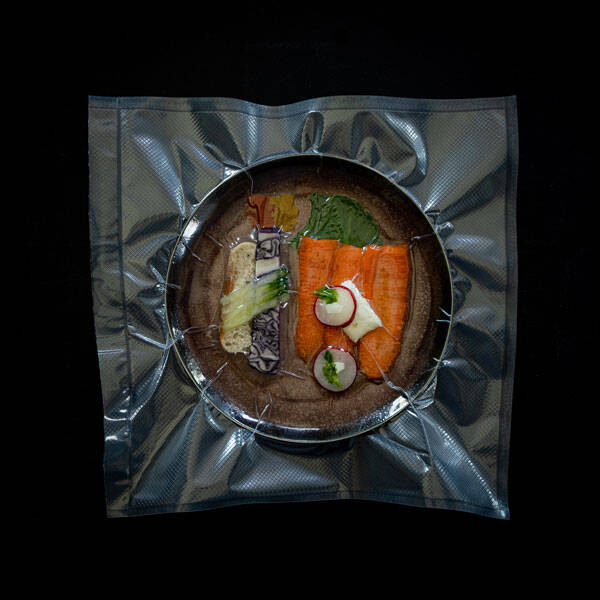
“Sustainability concerns will experience a resurgence once the world begins to recover from the pandemic”
Analysts at McKinsey
Moving forward on the road to a sustainable future
Balancing safety and sustainability is one of the biggest challenges the food industry is currently facing. Every unfortunate consequence of COVID-19 plays into the hands of plastics. From the severe economic damage caused by lockdowns and social distance requirements to the fearful consumers looking for familiar comforts. Even the decimation of global (air) travel has caused oil prices to drop, resulting in even lower costs for plastics. Global uncertainty makes us look for short term solutions, but the onus is on industry leaders and governments to keep moving forward on the road to a sustainable future. The immediate problem of COVID-19 has not reduced the urgency of climate change and other environmental challenges.

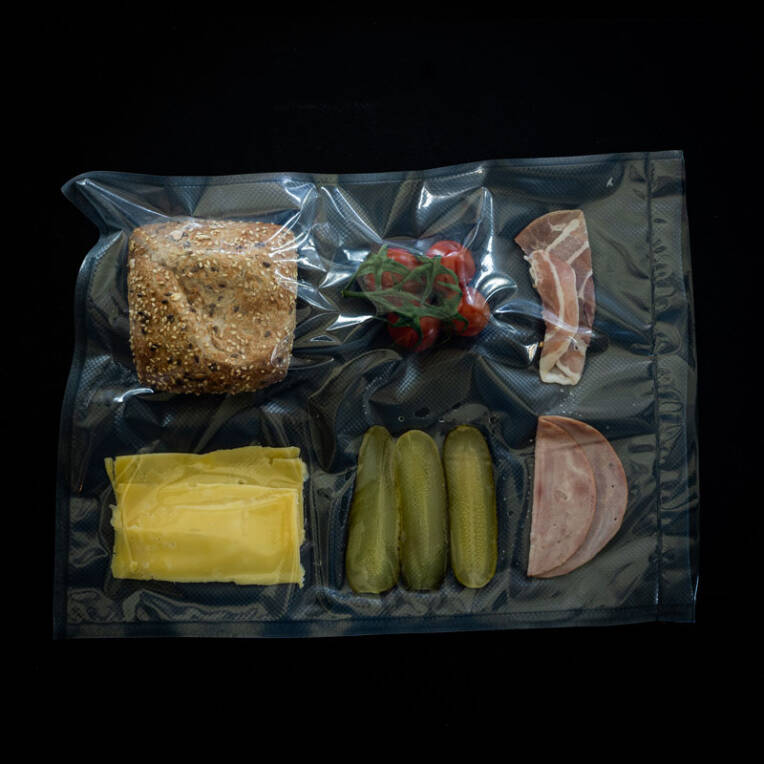
The only viable short term option
In a crisis it’s ever so tempting to go back to what you know, and plastics are it. Sustainable alternatives have only just begun to come into their own. With a powerful surge in demand caused by COVID-19, single-use plastics were in many cases the only viable option in the short term. Nothing else could be quickly produced at scale for reasonable costs. Yet as the pandemic continues to wreak havoc on the world, we must not lose sight of the environmental factors that caused us to move away from plastic in the first place. Plastic is convenient, but at what cost? Personal protective equipment like disposable masks and gloves are already adding to plastic pollution; a sacrifice that seems necessary for safety. We should not, then, be walking back our plastic reduction commitments in other areas, lest we exacerbate the problem.

“We must not lose sight of the environmental factors that caused us to move away from plastic in the first place”
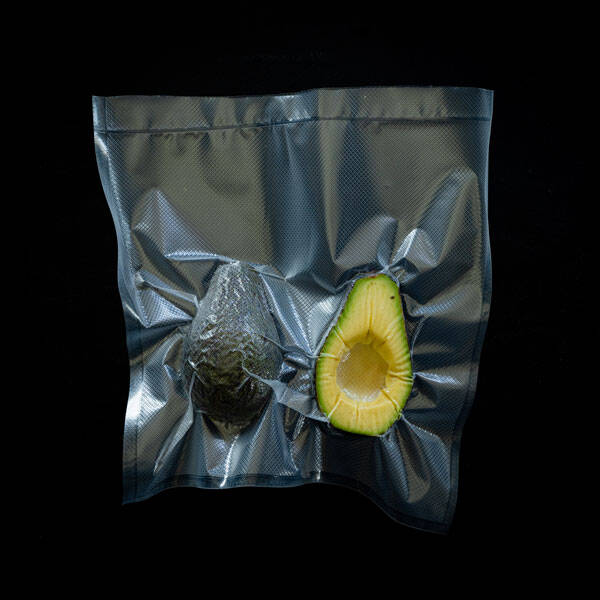
Plastic disposables or reusables
During the pandemic many restrictions or outright bans on various kinds of single-use plastics were lifted. In nearly all cases the instant assumption seems to have been that convenient plastic disposables like cups and cutlery are cleaner than reusables. Yet in a public statement over a hundred experts from around the world have attested to reusables being perfectly safe to use, provided they are regularly cleaned and social distancing is observed as recommended. In fact, there are no studies that prove plastic offers better protection against viruses than sustainable materials. In a study published in the New England Journal of Medicine, the coronavirus was shown to be able to survive for up to three days on plastic surfaces, compared to 24 hours on cardboard. So why are we choosing plastic en masse?
BALANCING SAFETY AND SUSTAINABILITY IN COVID-19 TIMES
The scourge of single-use plastics
3 min
